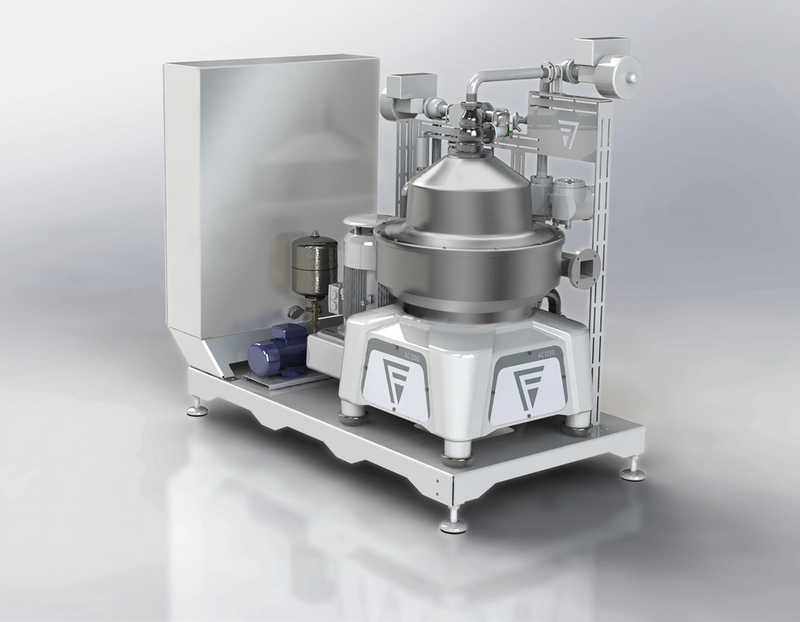
Ridiculously big trade shows usually call Münich home. The Neue Messe München exhibition center (a train ride from the German city center) is one of the largest trade show spaces in the world with 16 halls of exhibition space and an absolutely ginormous outdoor area. As proof, the world’s leading trade fair for the beverage and liquid food industry — called “drinktec” — will take place over five days (Sept. 11-15) at the Neue Messe München exhibition center. This beverage show only happens every four years, and it draws some of the biggest manufacturers, suppliers, distributors and brewers working in the world of beer.
That includes Flottweg.
At drinktec 2017 in Münich, the German beverage experts at Flottweg will present their brand-new AC1200 separator. With the AC1200, Flottweg is starting a new product line of high-performance separators/centrifuges for beverage industries of all types, but with a special eye on breweries.
“The AC1200 is designed for small- to medium-sized craft breweries that produce approximately 4,000 to 12,000 barrels per year,” explained Daniel Lakovic, business development manager at Flottweg Separation Technology Inc. “As you start to produce more beer, filtration systems can become inefficient, laborious and less cost-effective. Therefore, breweries that are transitioning from a microbrew size to craft brew size are starting to look at entry level centrifuges. The AC1200 is very well engineered and manufactured to our rigorous standards, so it isn’t the cheapest option on the market. However, you get more than just a basic centrifuge with Flottweg. You get a team of startup technicians — trained and experienced at running beer — who will assist and train brewery staff throughout the commissioning process.”
Centrifuges remove yeast and other solids (like hops) by whirling the beer around at high speeds, causing those denser solids to be spun out of the liquid through gravitational force. Brewers like centrifuges for removing yeast because the process doesn’t strip away desired hop and malt flavors like pushing beer through filter media can. Additionally, less dissolved oxygen ends up getting introduced into the beer from the process.
“Centrifuges come in varying sizes with many different options,” said Lakovic. “It’s important to look beyond the machine when purchasing a centrifuge. It’s as much about operational and application knowledge. The machines themselves are not overly complicated, but they are certainly different than filtration systems. It can take a lot of trial and error and headaches to transition from filtration to centrifuges if you don’t have a partner who can provide the support and application knowledge to create the end product you really need. Do your homework. Find out what the true costs for minor or major service are. Make sure you understand the service intervals. Make sure you know where parts are inventoried and how quickly your supplier can get them to you.”
Also, keep a keen eye out for a well-built system that has a high level of automation which frees up personnel to focus on other tasks while the centrifuge is doing its job. Oxygen pickup will be very low, and the beer will always taste better due to simple and effective CIP cleaning. This and other factors guarantee a quick ROI on the system.
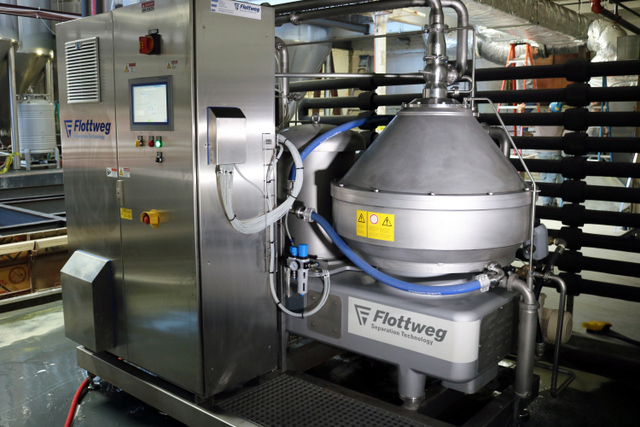
“Speed and efficiency are the main advantages,” noted Lakovic. “Centrifuges can run a lot more beer in a much shorter amount of time. Filters have a set media depth, so they will remove a certain particulate size. A centrifuge will remove varying sizes of particulates, removing more or less of them depending on the speed at which you run the machine. A good centrifuge will have a hydro-hermetic seal that will require deaerated water. Most suppliers can help with that, but you should anticipate some installation and startup time for this. There is a slight learning curve, so give yourself and your crew time to get used to the centrifuge and ask questions when you aren’t sure. Make sure you have assurances for on-site support within 24 hours in the event you experience any operational issues.”
Thanks to more than 60 years of experience in the area of solid and liquid separation, Flottweg figures it can meet almost any challenge. For mid-size brewhouses, the Flottweg AC1200 will come in a skid solution (see first pic above) that should make the AC1200 extremely flexible, with very little space required. The separator is also equipped with the patented Flottweg Soft Shot discharge system for product-friendly, quiet discharge.
The AC1200 at a glance
- Optimum product yield due to quiet, high-precision Soft Shot discharge system
- User-friendly handling and simple maintenance
- Individual process integration and parameterization for customer needs or requirements on site.
- High flexibility with minimal space requirements (floor area of the skid is about 2 m²)
Regardless of the brand or model, buying a centrifuge system requires careful consideration. It’s going to be a critical part of your operation for years to come.
“You’ll want to look for a company that will support you during the commissioning process and throughout the life cycle,” advised Lakovic. “You’ll need quick access to parts and immediate service response to ensure consistent uptime. Talk to different colleagues in the industry who have a centrifuge and find out what they think about the service, quality, parts, pricing and overall knowledge of the brewing process for their supplier. Lastly, if you anticipate an appreciable amount of growth on the horizon, don’t just buy the smallest and cheapest machine you can find. You may outgrow it rather quickly and the trade-in value or used market value will be pennies on the dollar. Buy a system that works for you now and also down the road.”

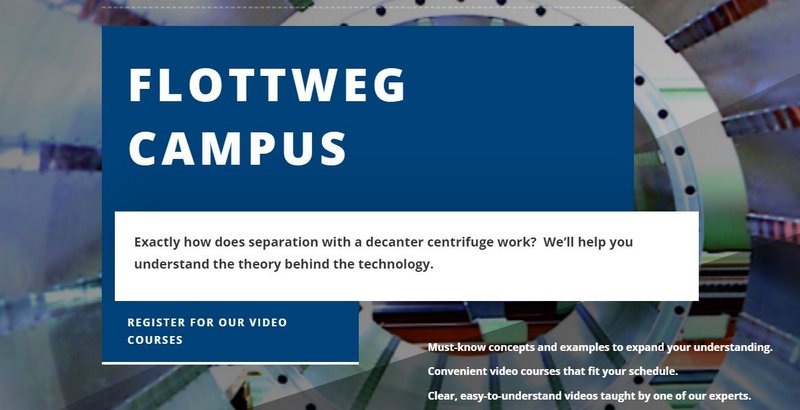
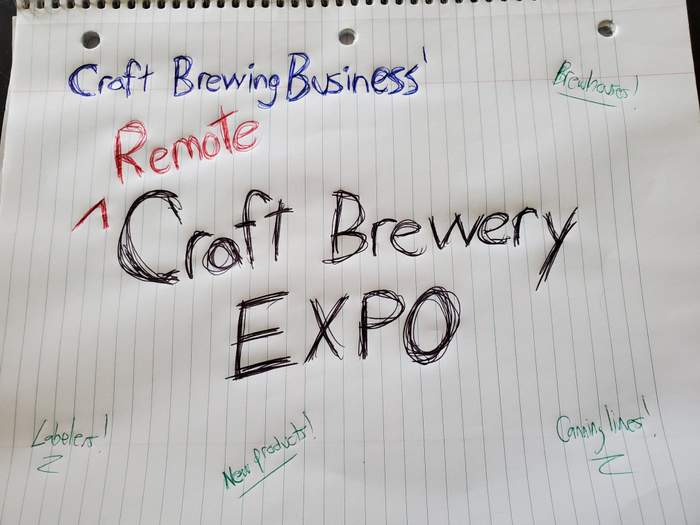
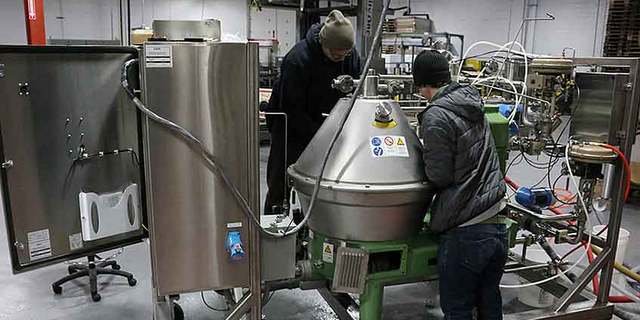

Leave a Reply
You must be logged in to post a comment.